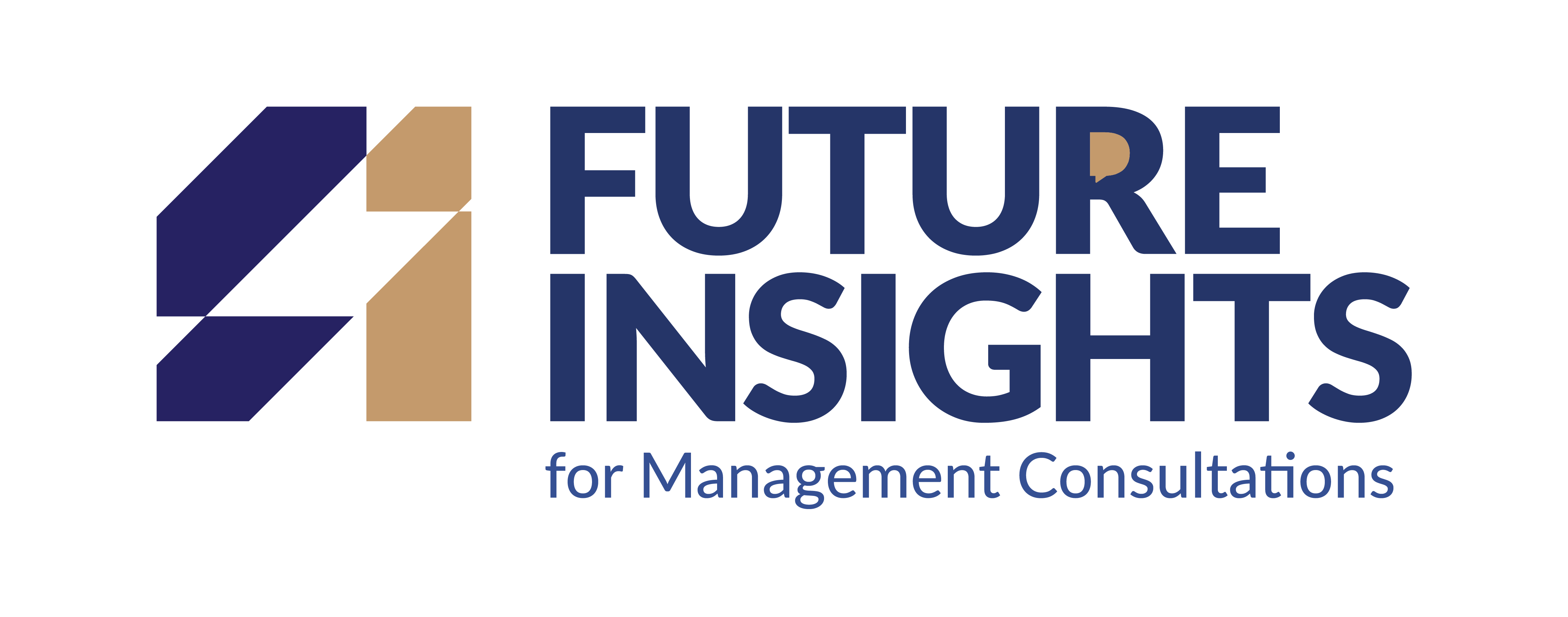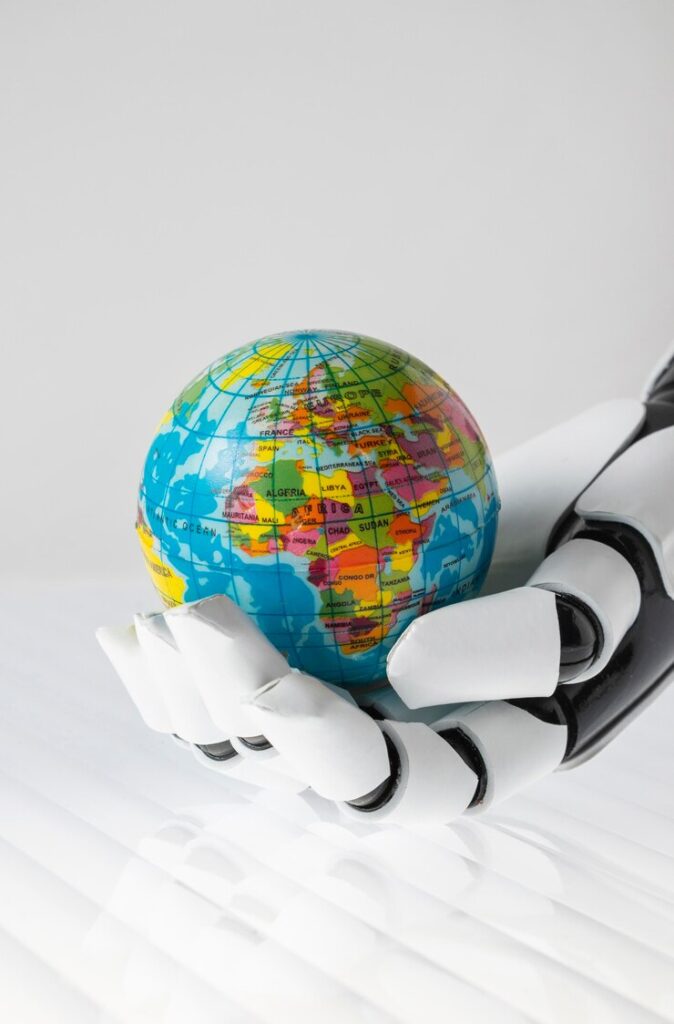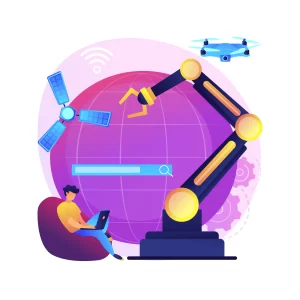1. Economic Disruption and Growth
AI is a major driver of economic growth across the globe. According to PwC, AI is expected to contribute up to $15.7 trillion to the global economy by 2030, making it one of the most significant technological advancements in modern history. Countries like the United States, China, and members of the European Union are heavily investing in AI research and development, with industries like healthcare, finance, and retail benefiting the most.
2. Transforming Key Sectors
a. Healthcare
AI is revolutionizing healthcare by improving diagnostics, enabling personalized medicine, and streamlining administrative processes. AI-powered tools such as IBM Watson Health are helping doctors analyze patient data and make accurate predictions about diseases.
b. Financial Services
AI algorithms are reshaping the financial landscape by enhancing fraud detection, streamlining loan approvals, and automating customer service through chatbots. Global banks like HSBC and JPMorgan Chase use AI to optimize their operations and improve customer experiences.
c. Retail and E-commerce
AI is enhancing the shopping experience with personalized recommendations, predictive inventory management, and automated customer support. Giants like Amazon and Alibaba are at the forefront of AI-driven retail innovations.
d. Transportation
AI is the backbone of autonomous vehicles, improving road safety and reducing emissions. Companies like Tesla, Waymo, and Uber are pushing the boundaries of AI in transportation.
3. Changing Workforce Dynamics
AI is transforming the job market by automating routine tasks and creating demand for new skills. While some fear job displacement, AI is also generating opportunities in fields like data science, AI ethics, and machine learning engineering. Governments and businesses are investing in upskilling initiatives to prepare the workforce for an AI-driven economy.
4. Ethical and Social Challenges
While AI offers immense benefits, it also presents significant challenges:
- Bias and Fairness: AI systems can inherit biases from their training data, leading to unfair outcomes in areas like hiring or law enforcement.
- Privacy Concerns: The collection and analysis of vast amounts of data raise concerns about individual privacy.
- Job Displacement: Automation may lead to unemployment in certain sectors, especially for low-skill roles.
5. AI’s Role in Tackling Global Issues
AI has the potential to address some of the world’s most pressing challenges:
- Climate Change: AI models are being used to predict environmental changes, optimize energy usage, and develop sustainable solutions.
- Healthcare Access: AI can bridge healthcare gaps in underserved regions through telemedicine and automated diagnostics.
- Education: AI-driven platforms like Coursera and Duolingo are making education more accessible and personalized.
6. Geopolitical Implications
AI is becoming a cornerstone of global competition. Countries are racing to become AI leaders, with China aiming to dominate AI innovation by 2030. The United States remains a strong contender, driven by Silicon Valley, while the European Union focuses on ethical AI and regulatory frameworks.
7. The Future of AI
The future of AI lies in striking a balance between innovation and regulation. Governments, businesses, and research institutions must collaborate to ensure AI is developed responsibly, with a focus on inclusivity, transparency, and sustainability.
Conclusion
AI’s global impact is undeniable, touching every aspect of our lives and reshaping the world as we know it. As this technology continues to evolve, its success will depend on how well humanity addresses the challenges it brings. AI holds the promise of a brighter, smarter, and more connected future—but only if we navigate its potential with care and foresight.



